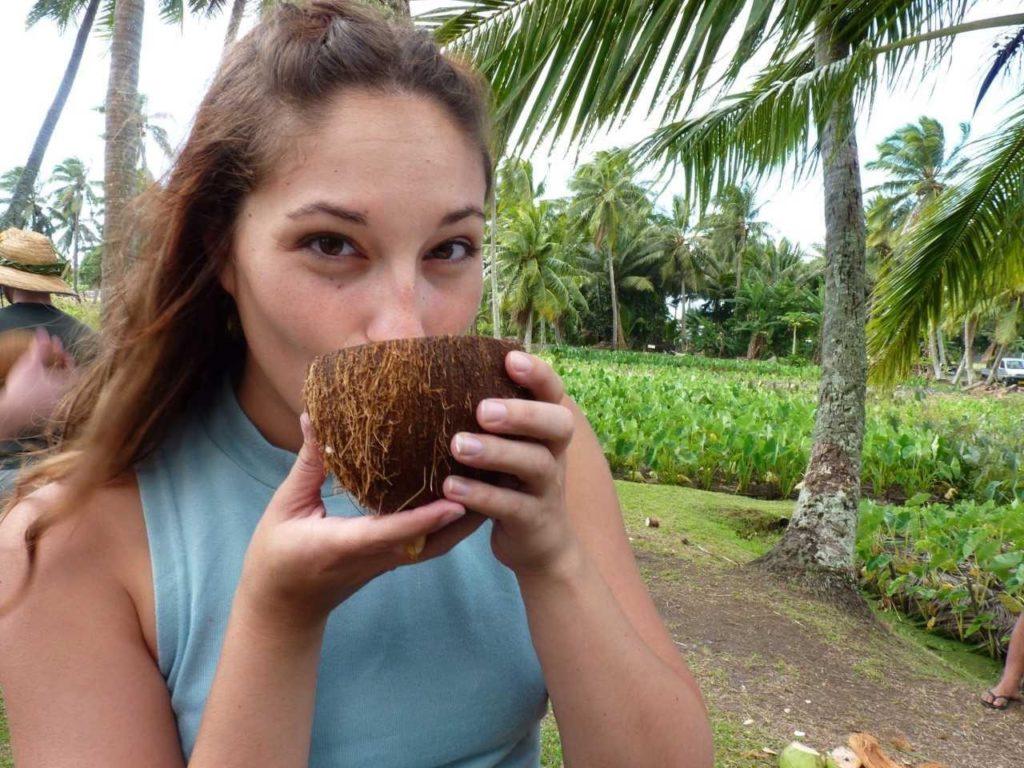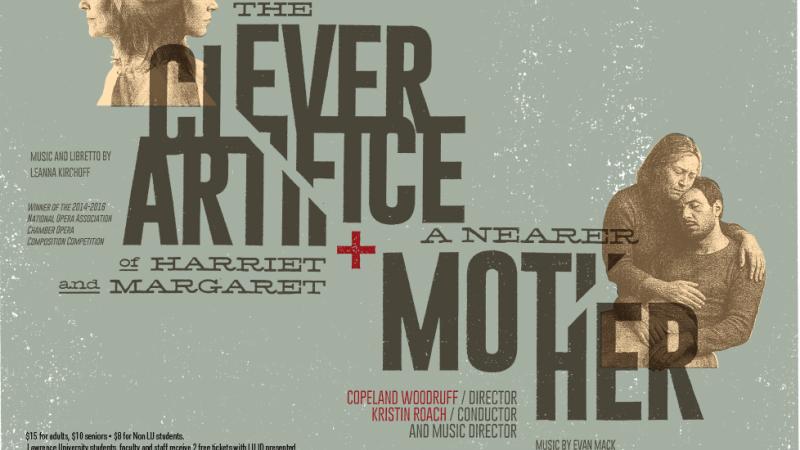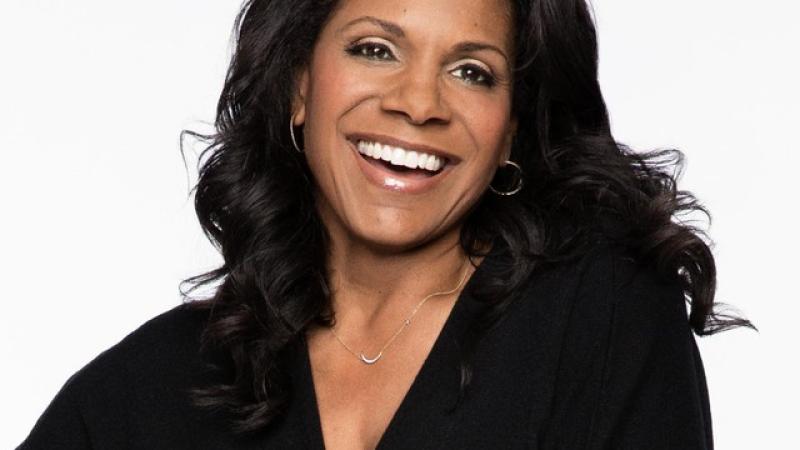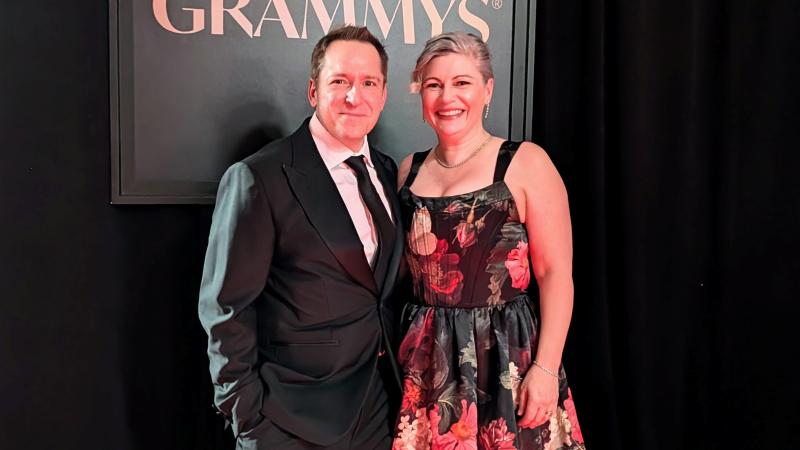It’s more than traveling the world; students who have enhanced their college experience with off-campus study often return with new perspectives and skills that stay with them for the rest of their lives.
Studying abroad last year made a lasting impression on Jackeline Flores ’19, who studied at the Lawrence University London Centre for her global studies major and Spanish minor.
“Personally, I feel that my experience abroad really solidified the idea that the world truly is my oyster,” she said. “All the knowledge and culture I was exposed to while abroad reminded me that there is so much out there left for me to learn about, which I find super exciting.”
She’s not alone. We sampled more than a dozen Lawrence students who studied abroad during the past academic year, asking them to share key takeaways from their experience.
So many opportunities
The London Centre satellite campus is just one of 52 life-changing opportunities available to Lawrence students through the off-campus study program.
Each program blends classroom and experiential learning to facilitate students’ personal and academic growth through engagement with different cultures in an immersive learning environment. This leads to a range of profound benefits, says Director of Off-Campus Programs Laura Zuege.
“We know it affords the opportunities for intercultural learning, growth and development that employers time and time again are looking for,” she says. “Study abroad is a laboratory for that kind of development.”
Zuege and her colleagues work tirelessly to make these programs accessible and suitable for students of diverse academic, socioeconomic, social and ethnic backgrounds, by offering programs for every major and addressing students’ varied needs.
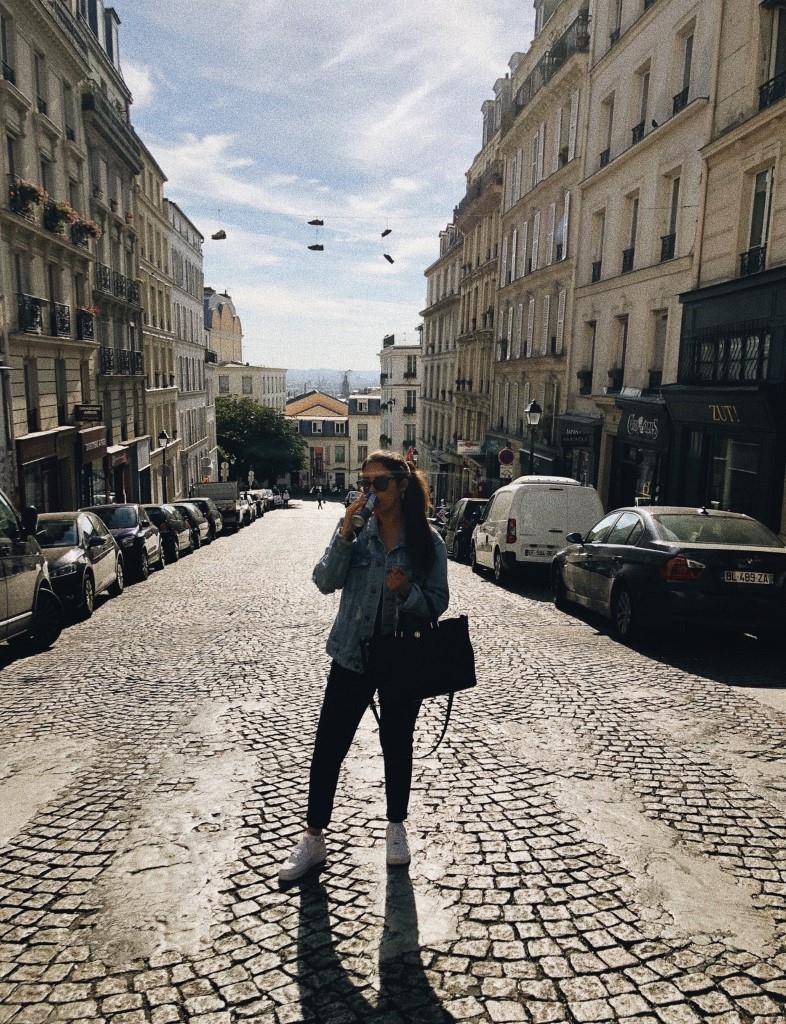
Jackeline Flores ’19 spent a term studying in London.
With nearly 50 off-campus programs, your studies can take you from Chicago to Shanghai!
“Different students have different concerns in different locations,” Zuege says. “We want to be tuned in with some of our portfolio (program) choices but also with how we approach, prepare and recruit students to be sure we’re reaching a range of the student body that’s representative of our student body.”
This fall, a breakthrough financial aid policy change is making that possible. All of a student’s institutional financial aid — grants, federal loans, scholarships — can now be contributed to off-campus study, in addition to existing study abroad scholarships. In the past, 100 to 120 students went abroad each year; this fall there will be 145.
What they’re saying
Here are a dozen more Lawrence students whose lives changed thanks to off-campus study last year:
Tamima Tabishat ’20, AMIDEAST, area and Arabic language studies in Rabat, Morocco; global studies/German language studies and French language studies: “The most important (impact) was the way it helped me learn how to adapt quickly and smoothly to a new environment. Morocco’s geographic, linguistic, religious, political and cultural elements are very different from my typical academic environment. By studying in a new context, I felt that I was able to adopt new habits, adapt to new customs, and abide by new social rules, all of which are incredibly important skills to have in life. Practicing these things every day taught me how to see everything from a totally new perspective, which has made me not only a more critical thinker, but also a more considerate and tolerant citizen of the world.”
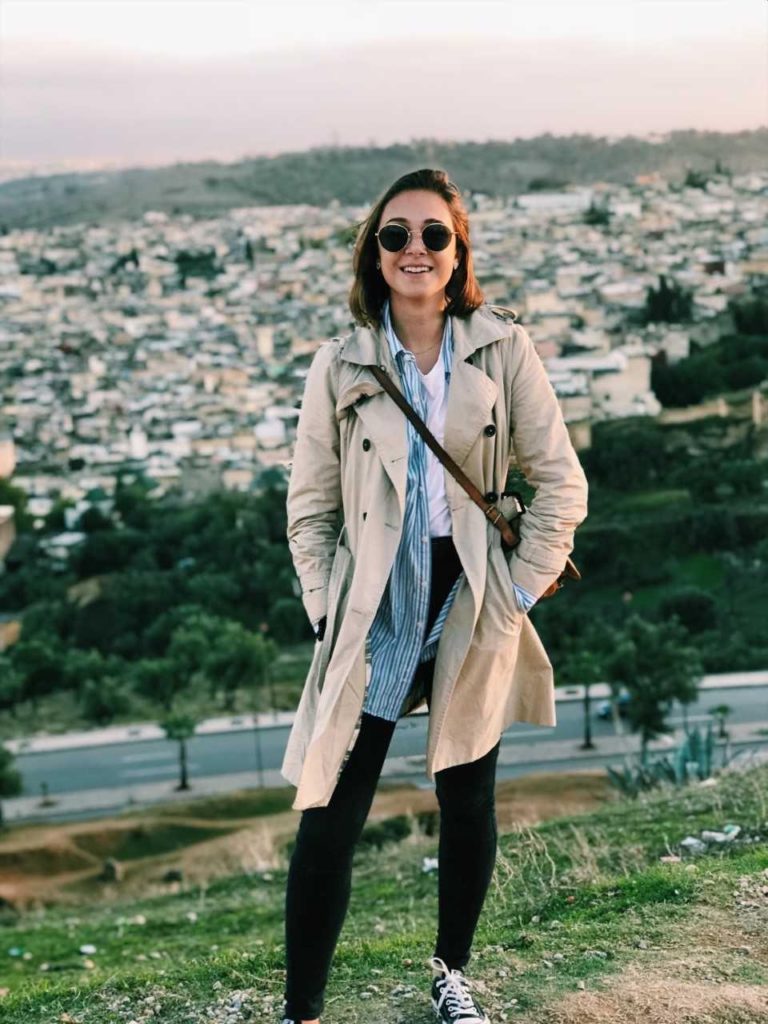
Tamima Tabishat ’20 takes in a view overlooking Rabat, Morocco.
Ryan Leonard ’19, IES Auckland, New Zealand, geology: “This experience is going to be one of the biggest selling points in my life after college. From the challenge of moving to a new country alone and having to meet new people, to maintaining good grades and budgeting and making time for travel, I have gained many marketable skills that I may not even realize I have acquired.”
Julia Johnson ’20, IES Vienna, music, cello performance; psychology/pedagogy: “It pushed my boundaries in so many ways such as speaking another language, making friends, being comfortable with public transportation, making travel plans, and not being afraid to explore Vienna and go to performances on my own. I feel like I grew more as a person studying in a new city where they speak another language more than I ever would have on my own campus.”
Ethren Lindsay ’20, Japan; linguistics and Japanese: “I was able to take many classes that would not have been available at my home university, one of which was a translation job. Since I am planning on possibly going into translation as a part of my future work, this was quite literally the most valuable thing that I could have gotten out of college.”
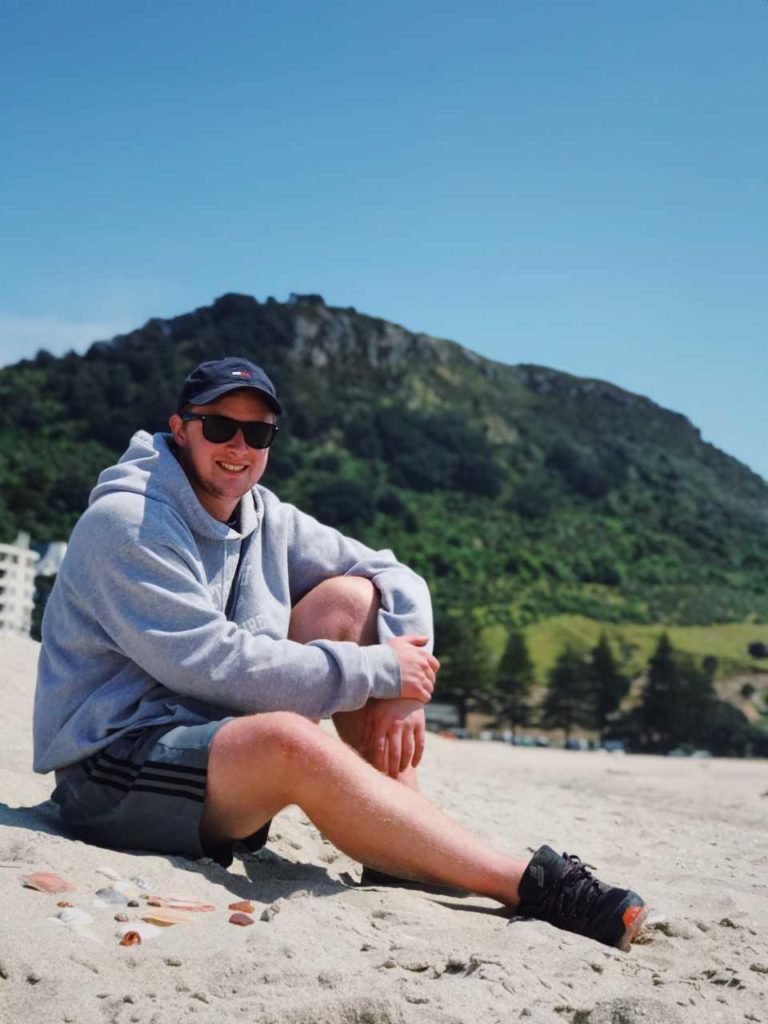
Ryan Leonard ’19 poses for a photo in Tauranga in front of Mount Maunganui.
Alice Luo (Manxin) ’19, IES Berlin, language and area studies; history: “Berlin is such a dynamic city with people coming from all over the world. In America, I felt an urge to be more American and I tried to deny my Chinese identity to some extent in order to better merge into the American culture. In Berlin, with the diverse population and cultures and a seemingly freer atmosphere, which I personally felt, I learned to accept my identity and even celebrate it and appreciate it.”
Juan Marin ’20, IES Freiburg, language and area studies; film studies and German: “I feel like the program taught me how to understand people better. I met a lot of people abroad, and I don’t just mean my classmates and more Americans. I met people from Saudi Arabia, Egypt, Greece, Russia, Bolivia, France, Switzerland, Italy, Spain, Australia, Germany (of course), Morocco, the UK, and more. The program gave me an even higher appreciation for diversity and inclusion.”
Kate Martensis ’20, Budapest, semesters in mathematics education; math and history: “As part of our practicum course, my fellow students and I each had to teach two classes at a local high school. Though the process was not without its difficulties, it was an incredibly valuable experience, and I was so glad to put all the things we’d learned from school visits and our classes into practice. This made me all the more excited to be a teacher.”
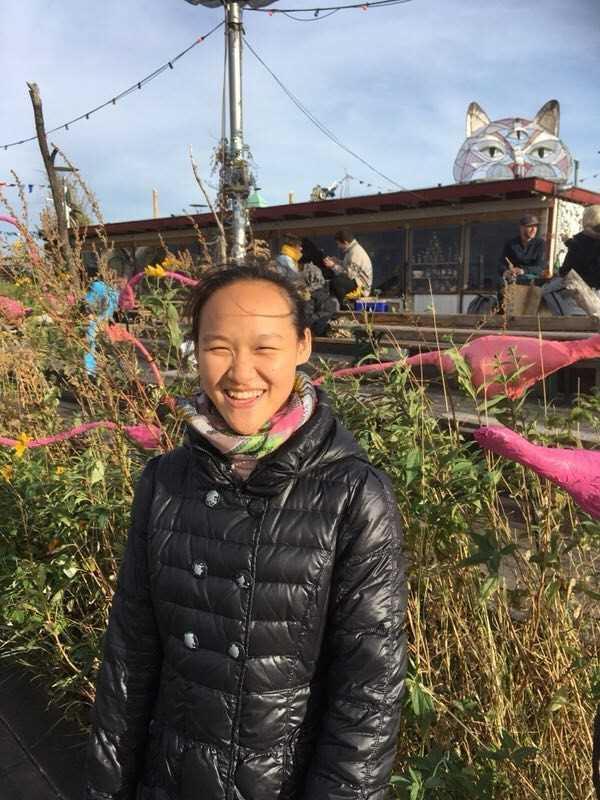
Alice Luo ’19 visits an urban garden in Berlin.
Tia Colbert ’20, Lawrence University London Centre, English and Greek/creative writing: “There was a significant focus on using London itself as a textbook, and I feel like that enhanced all the classes. I believe that experiential learning is one of the best ways to engage students, and the London Centre Program definitely delivered in that respect.”
Harry Rivas ’19, ACM Shanghai, economics: “The program had a drastic impact on my life. It changed the way I saw the rest of the world, specifically how I saw China, the impact China has already had on the world, and what is to come. I got to explore a culture and mindset so different from my own.”
Fallon Sellers ’20, IES Auckland, New Zealand, government/international relations: “It was incredibly interesting to interact and work with others my age from a different social and academic culture than mine. Collaborating with them and learning their stances on business and ethical behavior was fascinating, and it was immensely rewarding to observe other points of view outside of the U.S.”
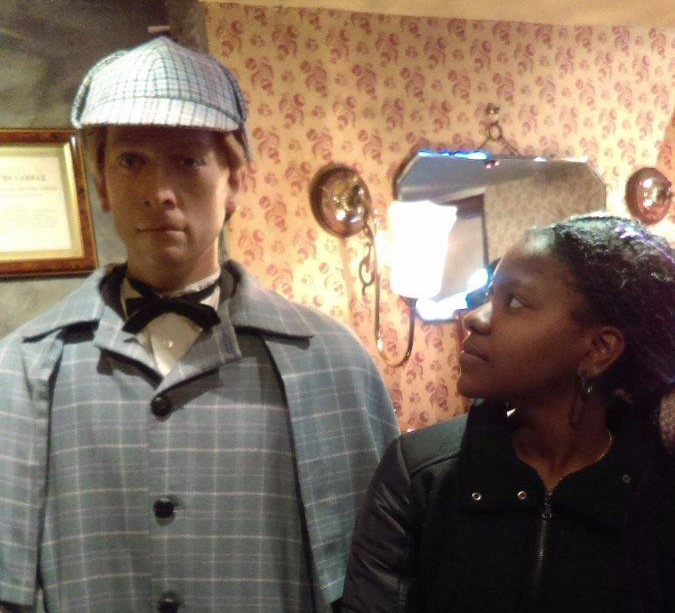
Tia Colbert ’20 checks out a wax figure of Sherlock Holmes while visiting the Sherlock Holmes Museum in London with her British Crime Fiction class.
